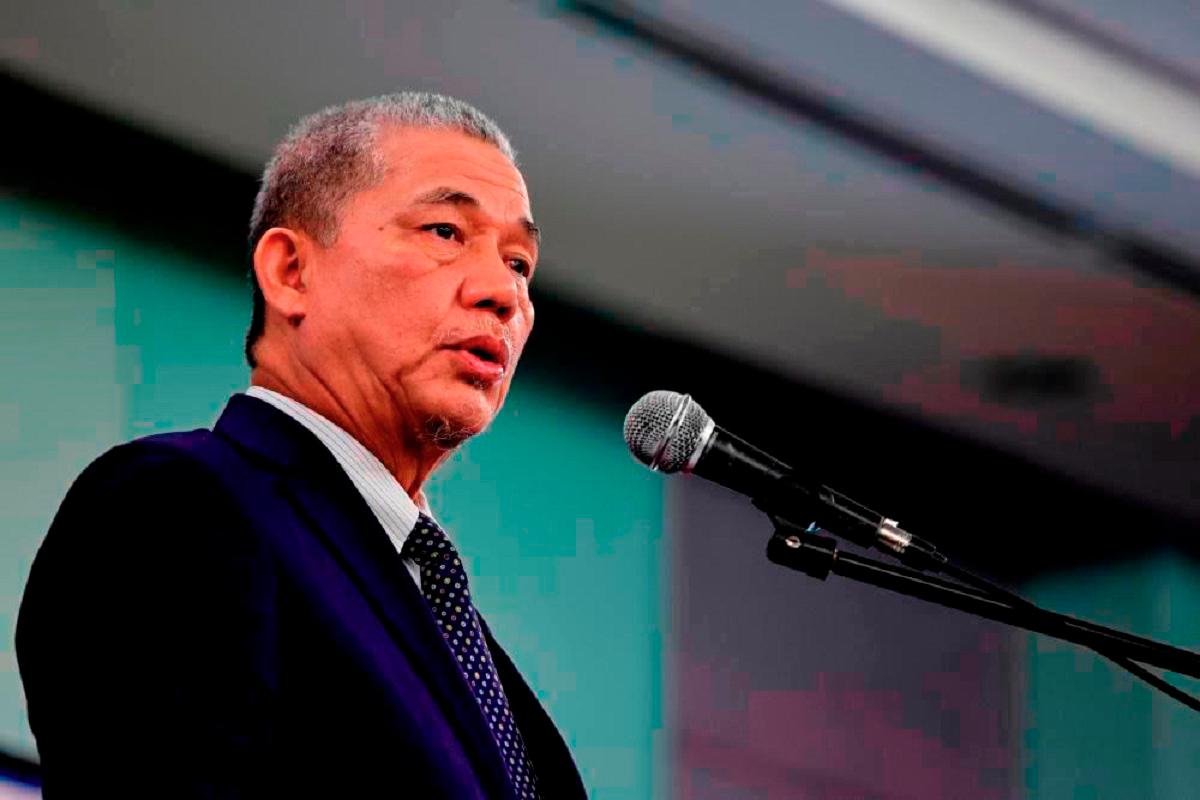KUALA LUMPUR: Deputy Prime Minister Datuk Seri Fadillah Yusof has underscored the importance of placing women at the heart of peace and security agendas, warning that no peace process can be sustainable if half of humanity is left out.
Speaking at the opening of the 2025 ASEAN Women, Peace and Security Summit, Fadillah said the Women, Peace and Security (WPS) agenda is not merely a policy framework but a practical approach to building trust, resilience and inclusivity in an increasingly volatile world.
“The WPS agenda is not simply paperwork. It is the recognition that no peace will last if half of humanity is left outside the door.
“It is not an add-on to diplomacy; instead, it is part of its foundation, a pillar of how we strengthen trust and make peace durable and inclusive,” he said.
Fadillah noted that women have always played critical roles as teachers, caregivers, community leaders and peacekeepers, often holding societies together in times of crisis.
Their contributions, he stressed, must be acknowledged as central to peacebuilding rather than treated as an afterthought.
Fadillah launched Malaysia’s first National Action Plan on Women, Peace and Security (NAP WPS) 2025–2030, developed by the Women, Family and Community Development Ministry together with the Defence and Foreign Ministries.
Fadillah added that women are central to family and community stability, saying: “Without women behind them, men are not stable.
“That stability is what strengthens and empowers men. This is why men must also support women.”
As Malaysia prepares to assume the ASEAN Chairmanship in 2025 under the theme “Towards an Inclusive and Sustainable ASEAN Community,” Fadillah said inclusivity and sustainability must go hand in hand, with women’s meaningful participation at the core.
“Imagine if every peace process we led had women fully engaged in negotiations and reconciliation.
“Research confirms that peace agreements are 35% more likely to endure at least 15 years when women are meaningfully involved,” he said, citing UN Women’s Global Study.
He added that challenges such as violent extremism, cyberbullying and climate change also require a whole-of-society approach, creating opportunities for stronger partnerships and innovation.
“I hope this Summit will spark new ideas, strengthen partnerships and shape our collective journey ahead.
“Together, we can ensure women are not just at the table, but leading in building resilient and peaceful societies,” he said.









